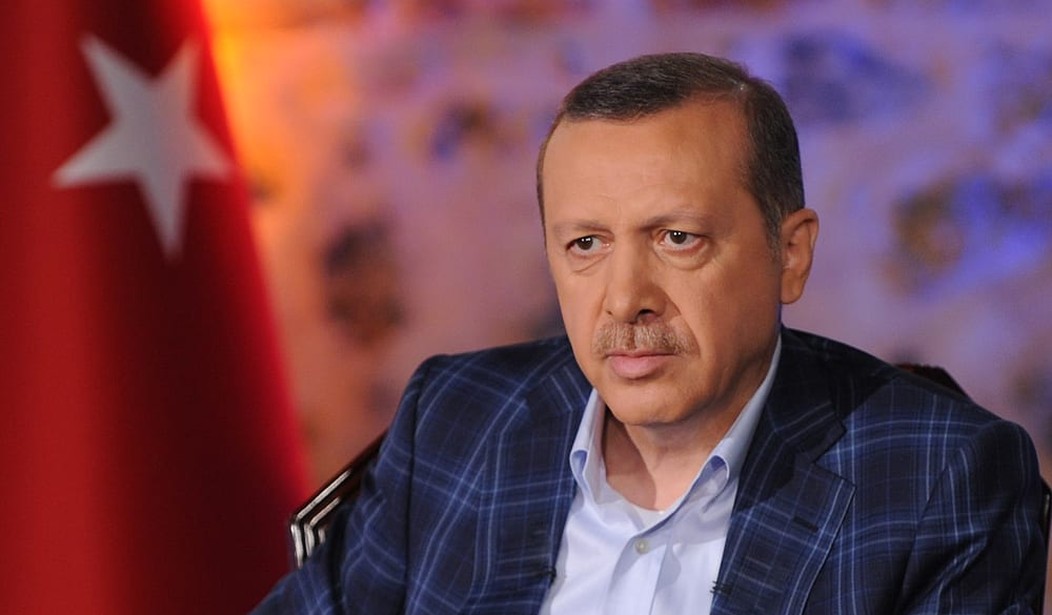https://www.youtube.com/watch?v=ZRmx3SDKFWc
For a moment, Turkey distracted Americans from preparing their turkey. A Turkish fighter shooting down a Russian jet bombing Syrian separatists served up a stark reminder that a messy war is just getting messier. That raises the scary question—what’s next? The answer? A lot more stuff scarier than stuffing.
In flexing its military muscles along the Syrian-Turkish border, sooner or later Russia was likely to go too far. Putin does not play well with others.
In addition, the border area is a hot spot for separatists opposing the Assad regime in Syria. The more determined Moscow got in, trying to wipe out any force pressuring Damascus, the more a clash with Ankara became inevitable.
Further, other forces flying around Syria know the terrain well and have a lot of experience negotiating around the conflicted airspace. The Russians do not—and many of their pilots lack substantial combat experience.
The aftermath of the incident has been as controversial and confusing as the downing of the plane. Putin launched a typical round of disinformation.
Erdogan demanded an apology. On the other hand, both Turkish and NATO officials sent signals they were interested in deescalating the crisis.
Russia, for its part, looks to be acting mostly passive-aggressively—beefing up air defenses in the region and announcing boycotts of Turkish goods.
After Paris, France called for a broader coalition to fight ISIS, including the Russians. That is not likely to lead to closer NATO-Russian cooperation. The Central Europeans have not forgotten Russian encroachment in Ukraine. Further, they see Russia in Syria as a serious effort to expand Moscow’s influence—not to fight Middle East terrorists.
Even Moscow discounts that idea of teaming up with NATO.
What is more likely is that “external powers” will continue to fight their own wars in Syria—but will work more proactively to stay out of each other’s way.
The Russians and Iranians will solidify Assad’s rump dominion and demolish separatist groups that represent any threat.
Turkey still wants to see a secure border and an end of Assad and make Russia and Iran pay a price for expanding their influence in Ankara’s direction. They will irritate Moscow and Tehran to no end, while they prop up the factions that help in that effort.
NATO will continue to focus on degrading ISIS and al Qaeda affiliates in the region—and not much more. There is no consensus in NATO to “go big” in this effort—and that could not happen on any account without a major commitment from the U.S.
While Obama will tinker with his anti-ISIS strategy, there is no sign that his administration will do more than that.
It appears that all sides think they can secure their interests by focusing their fighting on their sandboxes.
The wild card here is ISIS. The challenge for the terrorist state is doing enough to show that the caliphate can fight back, without prompting more concerted efforts like the post-9/11 invasions of Iraq and Afghanistan.









Join the conversation as a VIP Member